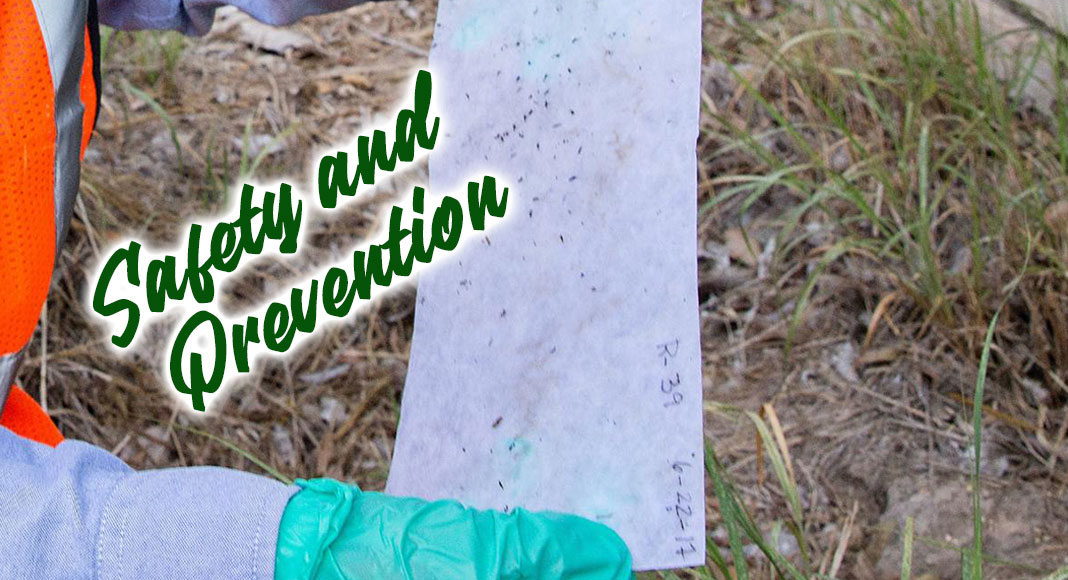
Mega Doctor News
By Victoria Brito Morales
RIO GRANDE VALLEY, TX – UTRGV’s Center for Vector-Borne Disease is taking charge of the wet months that generate an explosion in the mosquito population in the Rio Grande Valley and the diseases they bring, using community outreach and education.
Dr. Beatriz Tapia, UTRGV associate professor in the Department of Pediatrics and assistant dean of Faculty Development at the UTRGV School of Medicine, said the area’s subtropical weather conditions foster elevated mosquito numbers on both sides of the border.
So, to help counter the health risks associated with mosquitoes, the center is hosting community seminars to inform the public about the basics and risks of arboviral diseases– viruses contracted from an infected mosquito; vector-borne diseases that are considered arboviral include West Nile, chikungunya, Zika and dengue.
“This online community event is intended to help people understand the importance of arboviruses or vector-borne diseases in the Valley, and how they can be prevented,” Tapia said.
“Mosquitoes don’t carry passports,” she said. “So, we know that when we have a lot of rain and flooding, we have lots of mosquitoes that could bring disease. If we have flooding, then we’re actually in a really good place for a mosquito to want to live here.”
The event is free and will be held virtually from 4-5 p.m. on Sept. 29.
It will examine commonly asked questions and concerns regarding arboviral diseases in South Texas, including how to recognize the signs and symptoms, and which communities may be at most risk.
WHAT WE CAN DO
Individuals can educate and protect themselves from mosquito-borne illness by doing a few simple things, like using screen doors in their homes, applying mosquito repellent, wearing long sleeves and draining standing water that has accumulated in containers, which creates a breeding ground for insects.
“We as individuals can make a huge difference in the community,” Tapia said.
Taking extra precautions on top of COVID-19 preventive measures may feel tedious, she said, but it is important to remain vigilant on all public health and safety matters.
“COVID has had a major impact on our region, and we have to recognize that COVID still has not gone away,” Tapia said. “There remains a heightened alert to take care of ourselves when we go out. We still have to think about reducing the risk of exposure to these different vector control options, and how we can be more efficient to sustain them.”
For more information on the event or to register to attend, visit, www.utrgv.edu/cvbd.









